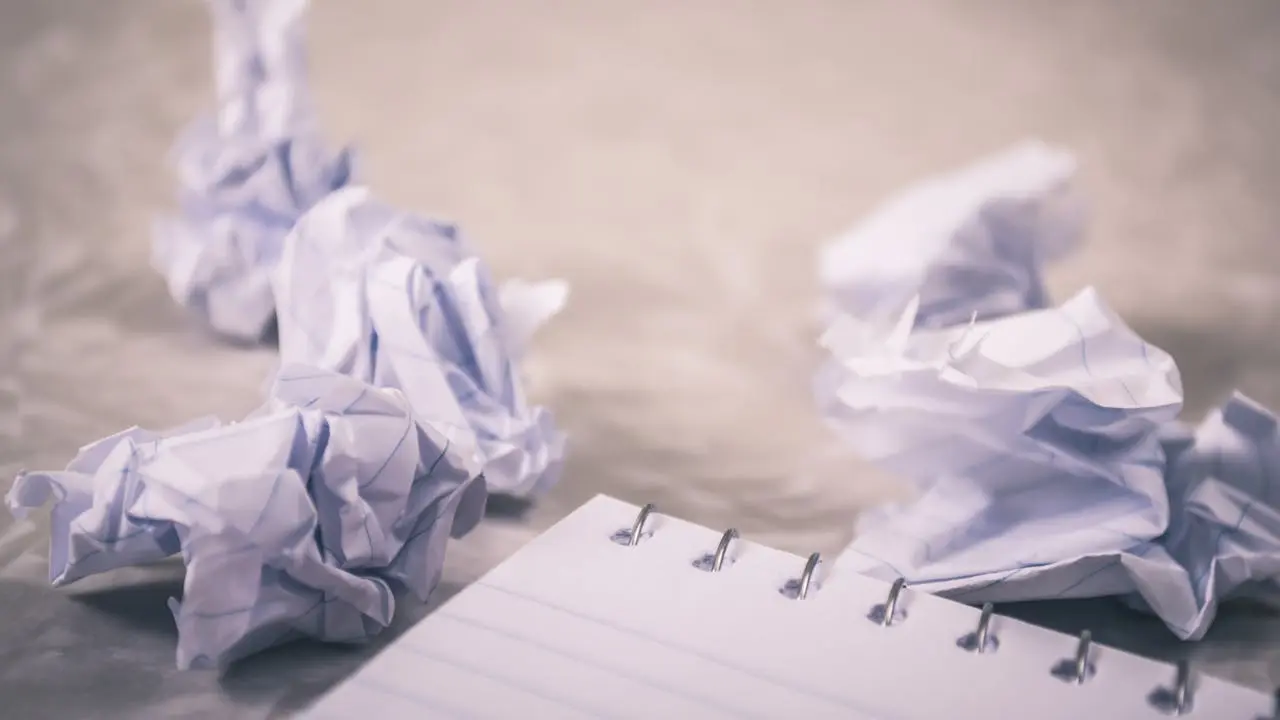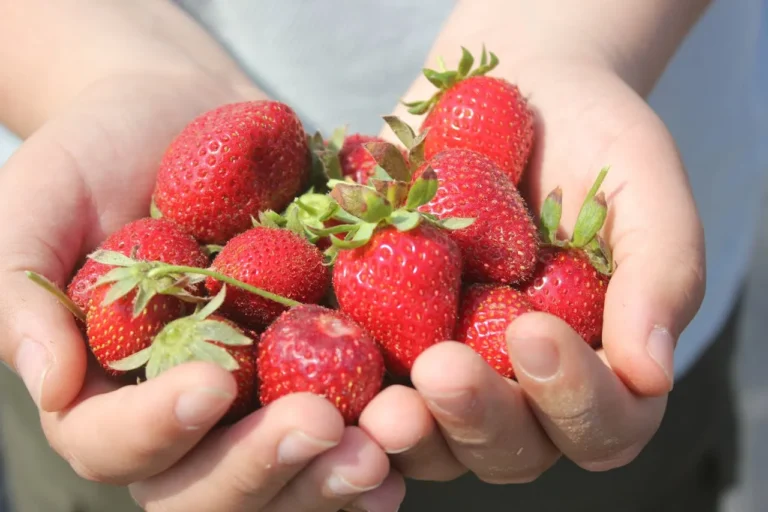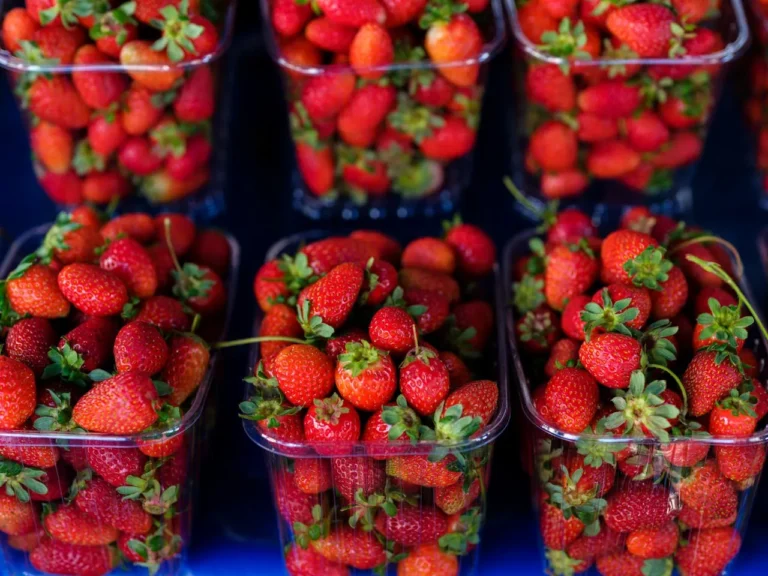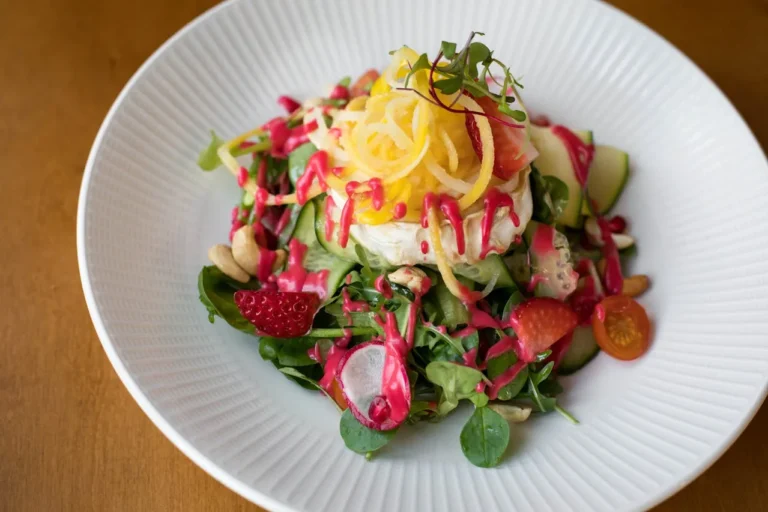
Nestlé’s Commitment to Sustainable Packaging and Waste Management”
Nestlé envisions a future where none of its packaging ends up in landfills or as litter. On Global Recycling Day, the company emphasizes its efforts to enhance packaging for easier recycling and to support improved waste management.
“We are making strides in reducing our overall packaging, enhancing recyclability, and incorporating renewable or recycled materials,” stated Antonia Wanner, Nestlé’s Head of ESG Strategy and Deployment. “The design and materials of our packaging are areas where we can directly influence change. Moreover, we extend our efforts to bolster waste management infrastructure, advocate for harmonized regulations, and address the rights of waste workers.”
By the close of 2023, 83.5% of Nestlé’s plastic packaging globally was recyclable. Notably, in the UK and Ireland, Nestlé transitioned its packaging for Quality Street sweets and Smarties to recyclable paper.
However, for recyclable materials to fulfill their potential, there must be a significant expansion of waste management infrastructure. Nestlé collaborates with local and national governments, industry alliances, civil society, and consumers to develop and enhance recycling infrastructure in its operational regions. It supports a UN Treaty on Plastic Pollution and advocates for effective Extended Producer Responsibility and Deposit Return Systems regulations.
Nestlé has engaged in 220 initiatives to establish efficient waste collection, sorting, and recycling programs across Europe, Africa, Asia, North America, and Latin America. In the UK, Nestlé announced a GBP 7 million investment in a new recycling facility for flexible plastics, set to open in Durham later this year.
In Belgium, a new recycling solution allows all beverage capsules and pods to be collected for recycling in the Blue Bag. This initiative, a collaboration between Nespresso, Nestlé, JDE Peet’s, and FostPlus, aims to enhance recycling efforts.
In Brazil, Nestlé partners with the Recicleiros Cidades project, which provides job training, consumer recycling education, and waste collection infrastructure in 11 Brazilian states. These partnerships empower over 8,000 recycling professionals.
Nestlé also prioritizes the use of recycled and renewable materials in its packaging. By the end of 2023, 41.5% of its packaging comprised recycled or renewable content. The company incorporates 50% recycled polyethylene (rPE) in shrink film used in European factories and aims to increase the use of food-grade recycled polypropylene (rPP) and rPE in brands like Nesquik, KitKat, and Purina.
Nestlé remains dedicated to keeping packaging materials within the circular economy, minimizing their environmental impact.




